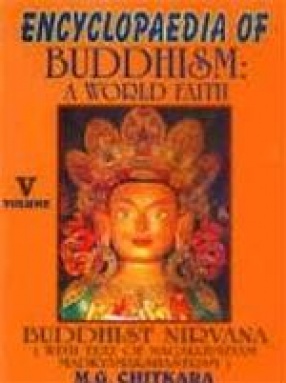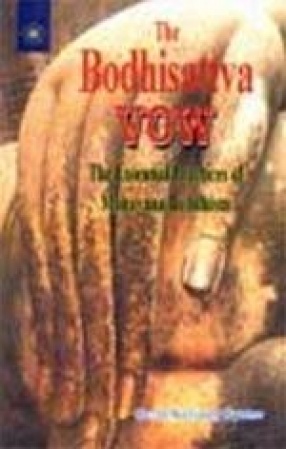Nirvana is derived from two a Sanskrit words, nir and vata (wind or air). When later on the word nirvata came to be used exclusively with reference to desire instead of wind, the suffix ta changed into na. Consequently, nirvana literally means without desire, or freedom from desire, or the extinguishment of all desires of life. People who indulge in worldly activities and pursue worldly ends will never realise truth, nor attain salvation. Only those who have experienced salvation during their lifetime, namely, who have gone through the process of dying while living, are competent. speak of the state of salvation-Nirvana after death. Since time immemorial, Indian formed her own world. The culture of India is thoroughly original. Its development was favoured by the climate of the country, which freed men from the ordinary cares of life, and thus, gave them leisure to devote themselves to the great problem raised by existence. Calderon, the great Spanish philosopher and writer, profoundly characterizes the world of life. "All life is but a dream, and every man, I see, dreams all his deeds and nature. The king dreams he is king, and deeply sunk in such a dream, commands and rules and governs, and all to him are subject. And yet his fortune to dust is turned by death, which, also as a dream, forever threatens him. Of their wealth the Rick dreams, and yet they have no peace. To the contrary, the poor on earth dream of his bondage and distress. He dreams who starts to rise, who is afraid and runs, who loves and is afire with hate. Thus in this wide world what all are, that they dream, although not one discerns this, indeed, all life is but a dream, and even dreams are just a dream
Encyclopaedia of Buddhism: A World Faith (Volume V)
In stock
Free & Quick Delivery Worldwide
Bibliographic information
Title
Encyclopaedia of Buddhism: A World Faith (Volume V)
Author
Edition
1st ed.
Publisher
ISBN
817648184X
Length
xl+600p.
Subjects








There are no reviews yet.